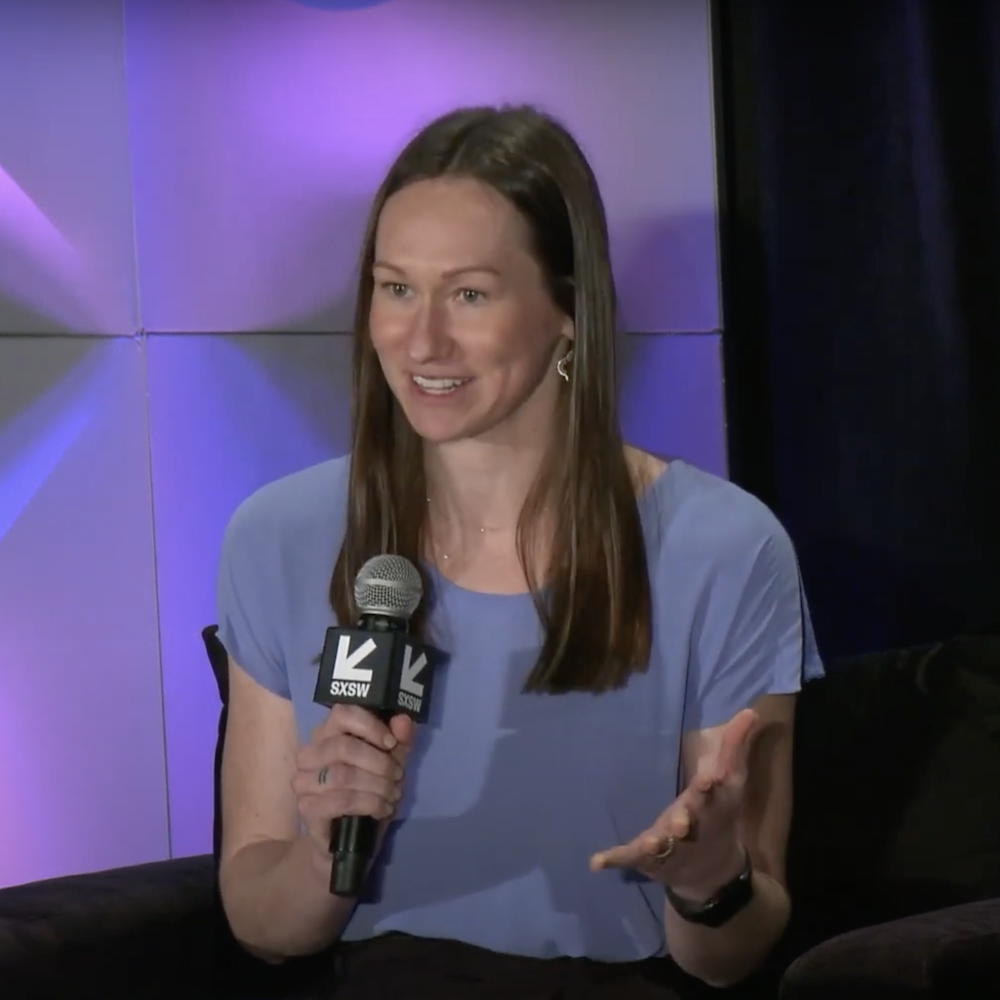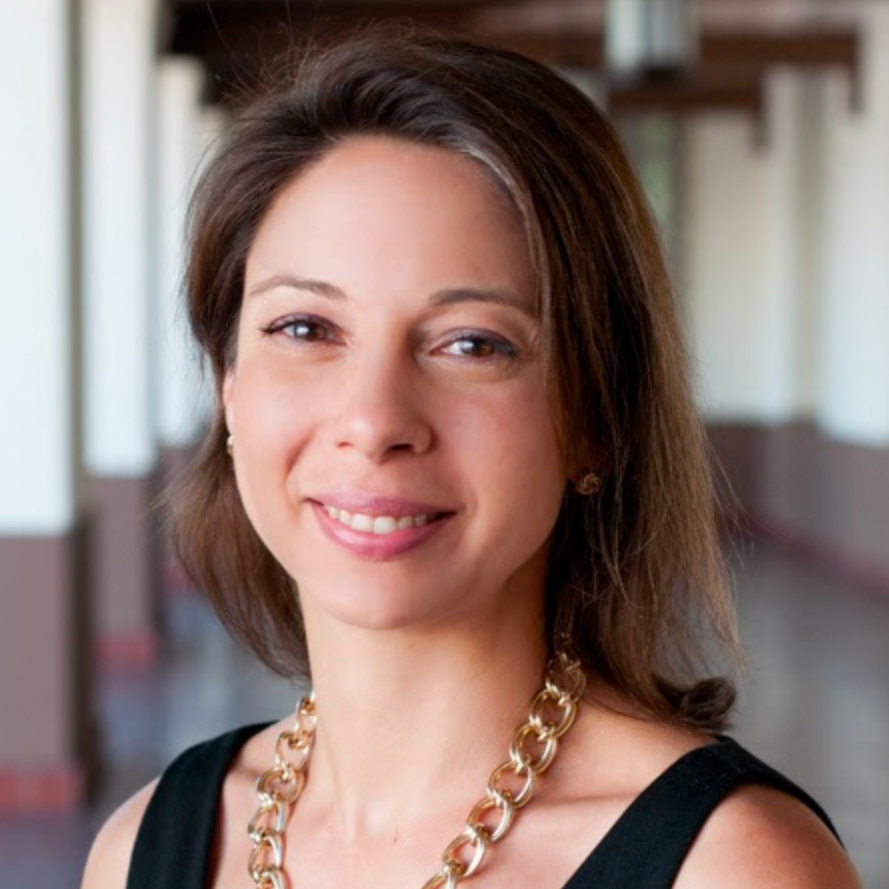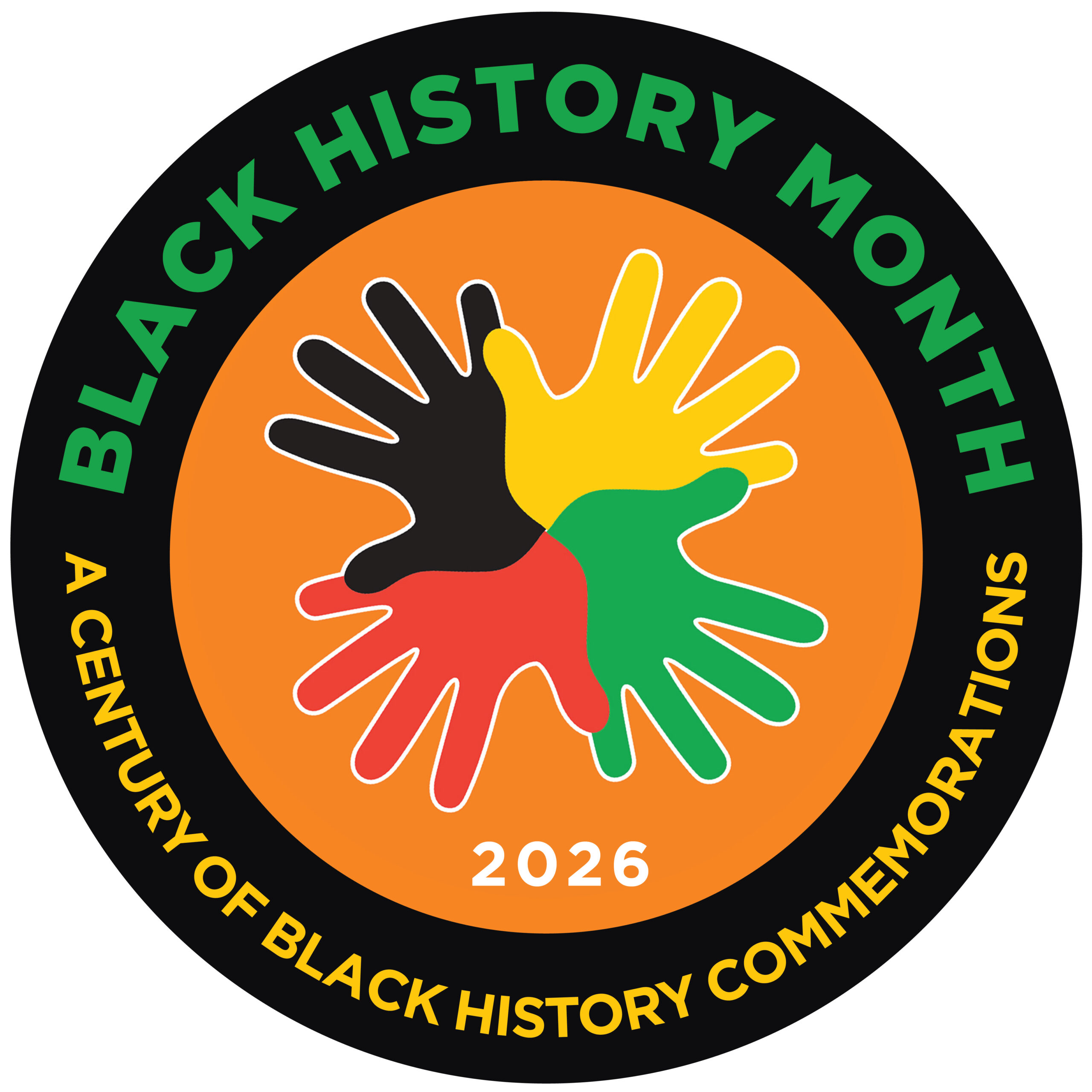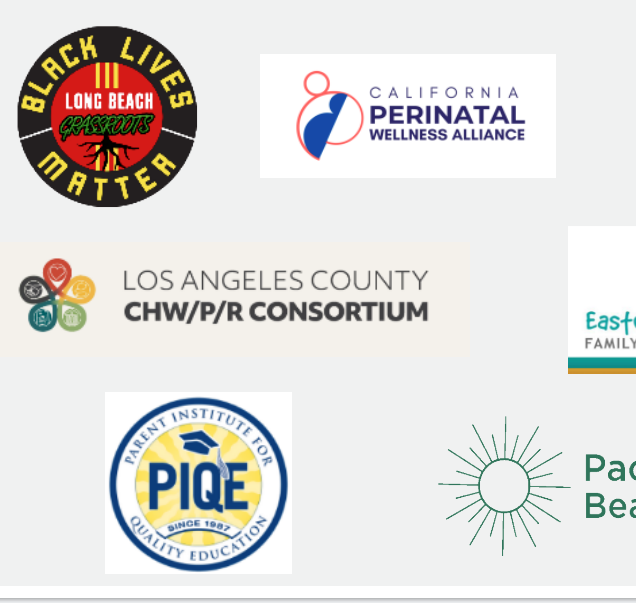March 28, 2023
Emily Tate Sullivan is a senior reporter at EdSurge covering early childhood and K-12 education.
She has been writing about education since 2017, often traveling across the country to report on early childhood programs and K-12 schools, interviewing, observing, photographing and otherwise looking for ways to capture her sources and subjects with empathy and sensitivity for in-depth feature stories and investigations.
In 2021, Emily won first place in the feature writing category of the Education Writers Association’s National Awards for Education Reporting. In 2020, she was named a finalist for the Livingston Award, which recognizes outstanding reporting and storytelling by journalists under age 35, for her investigation into child abuse that teachers witnessed while tutoring students online. Her work has been published in outlets including WIRED, Mother Jones, Slate and PBS NewsHour.
At EdSurge, Emily writes about the education workforce, mental health, trauma and inclusive school models. She grew up in Tennessee and graduated from Miami University in Ohio with dual degrees in journalism and international studies. She lives in Denver, Colorado.
What drew you to the early childhood beat?
In the summer of 2019, EdSurge received financial support to expand its coverage into early childhood education, with a particular lens on the workforce. It was a natural next step, as we’d been covering K-12 and higher education for years, and I was tapped to lead the early childhood coverage in our newsroom (previously, I’d been covering K-12 education full-time).
I knew embarrassingly little about the early care and education sector when I was getting started. But with a half-dozen reporting trips in my first few months on the beat — including visits to early learning programs in Connecticut, Ohio, Pennsylvania and Utah — I learned quickly and in context, absorbing not only the perspectives of those in the field but the sounds, sights, smells and struggles they experience too.
What stood out to me most in those first few months were the common misconceptions of the field, including some of my own. I dove in with an open mind, ready to listen, but I was still forced to confront some assumptions I didn’t realize I had about how the field operates and what purposes it serves. Looking back now, I think that experience has allowed me to extend grace to others who are still unlearning and relearning some basic truths about early care and education — and to help frame some of my stories in a way that better reaches an audience that might otherwise tune out.
Although I was assigned to this beat at the outset, it is by choice that I stayed. I saw how few reporters were covering the field and how many stories were going untold as a result. And I was captivated by the early educators who were doing this thankless but invaluable work — and, of course, by the young children in their care. When the pandemic hit, about half a year after I’d started covering early childhood, I was grateful to have had a chance to get my feet under me before the whole sector was turned upside down.
From your perspective, how has media coverage of pregnancy, young children and child care changed over time?
If there were a “before” and an “after” of media coverage on this beat, the defining event was no doubt the start of the pandemic.
Challenges facing the early care and education sector are longstanding. But the pandemic made things worse. And it made things visible.
Before 2020, child care was largely seen as an individual responsibility, something that families were left to figure out for themselves. In the three years since, though, that has begun to shift.
The dynamics that were on full display during the pandemic — many of which, unfortunately, remain today, including the impact of inaccessible, unaffordable child care on women’s workforce participation — revealed something to the public that was, until a few years ago, hiding in plain sight: Child care is essential to the strength of our workforce and the health of our economy — and it is in crisis.
What this looks like, in practice, is that stories about child care, early education, parenting and parenthood appear on the front pages of major news outlets now. It looks like families beginning to share, openly and socially, the challenges they’re facing in finding care and returning to work. It looks like employers — from manufacturers to retailers — advocating for state and federal child care solutions so they can fill open positions and retain staff. It looks like Congress seriously considering — though, of course, not ultimately passing — significant legislation that would have supported kids, families and early childhood educators alike.
Media coverage — including mine — still doesn’t get it right all the time. For instance, I still think many stories about the field gloss over just how inequitable and unsustainable the conditions of the early care and education workforce are. But many newsrooms have begun to treat this beat with a degree of urgency and importance that was largely absent before 2020. And instead of having the one education reporter on staff write an occasional piece about early childhood education, instead of sticking the economy reporter or the politics reporter on a story about the child care market, many newsrooms seem to have more of an appetite for devoting resources and staff to cover this critical field. It’s not enough yet — not even close — but it’s a start.
What do you hope changes about the coverage of “women’s issues” and early childhood development in the future?
It will require a lot of systems-level change first, but I hope that in the not-too-distant future, we can focus more of our reporting on the children themselves! I want to report on the incredible learning and development that is happening in the early years. I want to report on what quality care and education look like — and find programs and places that are really nailing it. What’s happening inside the house becomes secondary when the house is on fire. I hope the fire is put out soon — whether through a patchwork of clever solutions and partnerships or, ideally, through major public investment — so I can devote more time to who’s in the house, what they’re doing and why it matters.
I also hope that, as our pandemic scars continue to heal, we don’t lose the attention and interest of the broader public. These are not women’s issues or families’ issues or children’s issues. They are human issues. As reporters, we have to find ways to remind folks of that.
Recent stories:






